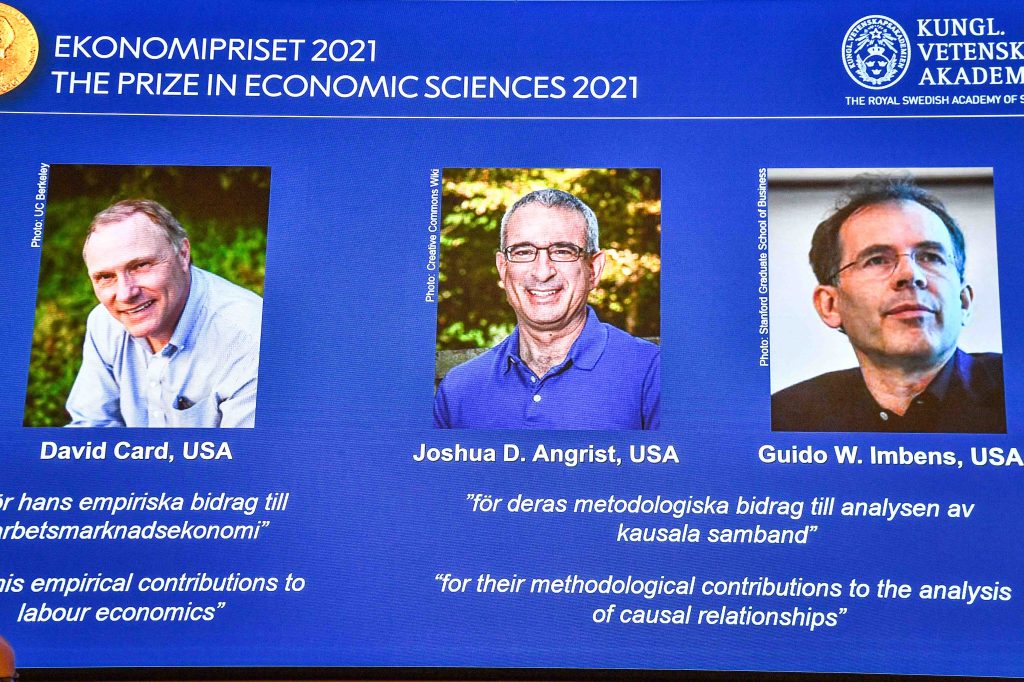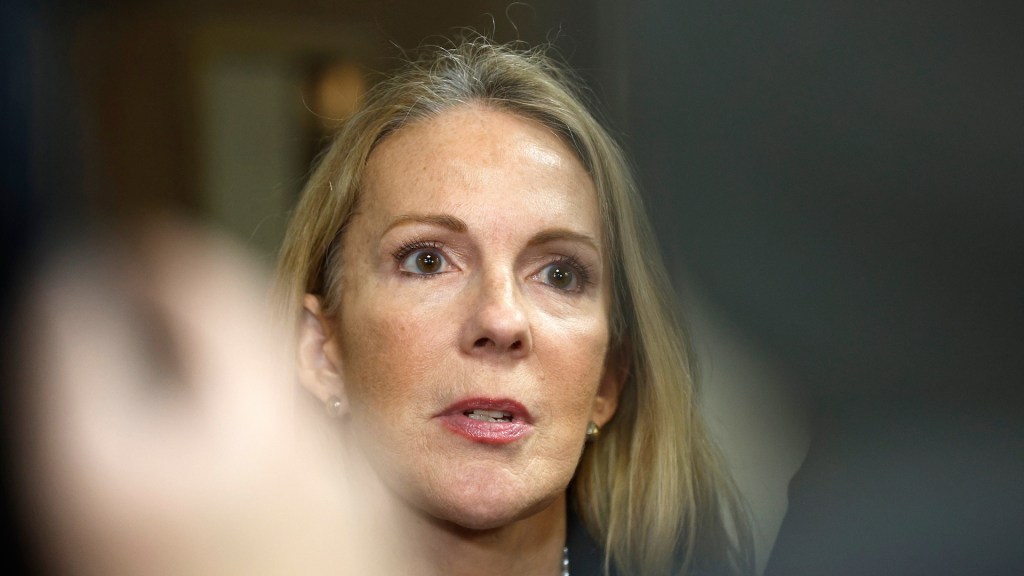Professors at three American Universities took home the 2021 Nobel Prize in Economics Monday. They are David Card (University of California, Berkeley), Joshua Angrist (Massachusetts Institute of Technology) and Guido Imbens (Stanford University).
Card was awarded the Nobel Prize in economics for his research on how the minimum wage, immigration and education affect the labor market. Angrist and Imbebs were awarded for developing ways to study these types of societal issues.
Card’s work was perhaps most noted for showing that raising the minimum wage doesn’t hinder hiring.
“In the minimum wage study, I think the main thing that’s really come out of that, contrary to what everyone thinks, is not that we should raise the minimum wage necessarily, but it’s rather a focus on a different way of thinking about how wages are set,” Card said Monday.
He also discovered that an increase in immigration does not lower wages for native-born workers. Both discoveries challenged preconceived notions regarding the labor force.
“I do think there is a divide between science-academia and the general public,” Economic Sciences Committee member Per Strömberg said. “This kind of research that they have initiated has made economics and empirical economics much more credible I think, and in that sense much more useful for policy makers.”
The effects of Card’s Nobel Prize-winning research, done with late research partner Alan Krueger, was felt in the economics community. According to a 1992 survey of the American Economic Association’s members, 79 percent agreed that a minimum wage law increased unemployment among younger and lower-skilled workers. By 2000, that number was down to just 46 percent.
Krueger, who worked with Card on some of the research that won the Nobel, died in 2019 at 58. He taught at Princeton for three decades and was chief Labor Department economist under then-President Bill Clinton.
Card’s Nobel Prize-winning work on the minimum wage is one of the best-known natural experiments in economics. The problem with natural experiments is that it can be difficult to isolate cause and effect. Imbens and Angrist figured out how to do just that. This allows researchers to draw clearer conclusions.
“These three laureates have really fundamentally changed the way empirical research is done in economics, and helped us come up with much more credible estimates of cause and effect, and also understand much better how to interpret these estimates,” Stromberg said.







